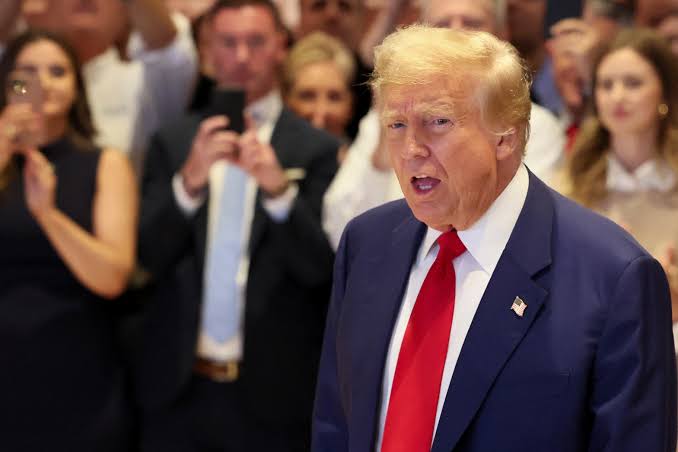Donald Trump’s critique of his recent hush money trial verdict echoed within the halls of a Manhattan courthouse, a site steeped in the contentious history of racial injustice. Decades ago, this very court saw the wrongful conviction of five Black and Latino youths in a high-profile case that shook the city.
Trump himself played a role, advocating for harsh punishment in a racially charged atmosphere. Now, as he faces his own legal battles, Trump denounces the same justice system he once championed, decrying corruption and bias.
Irony abounds as Trump rails against the perceived injustice of his conviction in a courthouse where he once fervently supported a case marked by racial prejudice. His past rhetoric, often criticized as racially divisive, contrasts with recent overtures to Black and Hispanic communities, invoking the language of criminal justice reform. Yet, for many observers,



